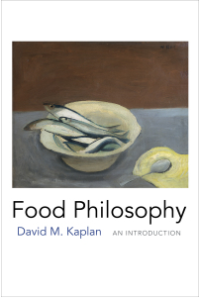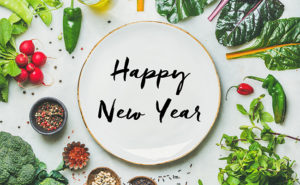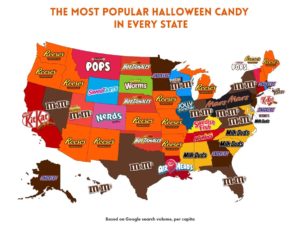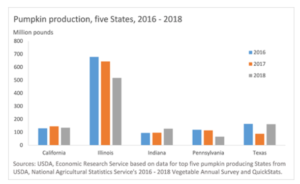Weekend reading: research on coronavirus and food
Research on this virus (officially SARS CoV-2, commonly COVID-19) is pouring out and filling every medical journal I typically read. Here are a few recent articles on food-related aspects (some of these are not yet in print).
Obesity and its Implications for COVID-19 Mortality: The authors argue that the increased prevalence of obesity in Italy older adults as compared to its prevalence in China may account for the higher mortality observed in Italy.
Obesity is associated with decreased expiratory reserve volume, functional capacity and respiratory system compliance. In patients with increased abdominal obesity, pulmonary function is further compromised in supine patients by decreased aphragmatic excursion, making ventilation more difficult. Furthermore, increased inflammatory cytokines associated with obesity may contribute to the increased morbidity associated with obesity in COVID-19 infections.
Sudden and Complete Olfactory Loss Function as a Possible Symptom of COVID-19: This is a case study of a patient infected by SARS-CoV-2 whose presenting symptom was the sudden and complete loss of the ability to smell.
Loss of smell and taste in combination with other symptoms is a strong predictor of COVID-19 infection: “Our study suggests that loss of taste and smell is a strong predictor of having been infected by the COVID-19 virus. Also, the combination of symptoms that could be used to identify and isolate individuals includes anosmia, fever, persistent cough, diarrhoea, fatigue, abdominal pain and loss of appetite.”
COVID‐19 Related School Closings and Risk of Weight Gain Among Children: “In short, we anticipate that the COVID‐19 pandemic will likely double out‐of‐school time this year for many children in the U.S. and will exacerbate the risk factors for weight gain associated with summer recess.”
Should COVID-19 Concern Nephrologists? Why and to What Extent? The Emerging Impasse of Angiotensin Blockade: This is the easiest-to-understand review of the science of this extensively studied virus I have been able to find. It covers the basics along with detailed explanations of what this virus does, how it works, and where vaccines might operate. To penetrate human cells, this virus seems to hijack a particular enzyme in the complicated renin-angiotensin system that regulates body fluid balance and blood pressure.
Despite these differences, several studies have reported that SARS-CoV-2 exploits the same membrane-bound angiotensin-converting enzyme 2 (ACE2) as SARS-CoV to gain access to its target cells, although it has greater binding affinity. ACE2 is a carboxypeptidase that preferentially removes carboxy-terminal hydrophobic or basic amino acids. ACE2 cleaves a single residue from angiotensin I (Ang I), generating Ang 1–9, and a single residue from angiotensin II (Ang II) to generate Ang 1–7, whose vasodilator, anti-proliferative, and anti-fibrotic functional effects oppose those of the Ang II generated by angiotensin converting enzyme (ACE).











